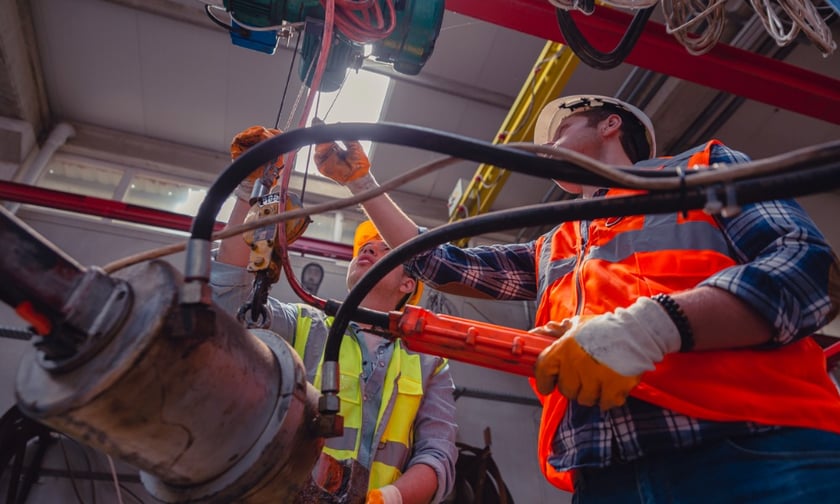

NTI has celebrated the introduction of its Premium Repairer Network in 2004, which the company claimed to have significantly reshaped Australia’s heavy vehicle repair industry.
The logistics and transport insurance specialist reflected on two decades of enhanced standards, efficiency, and customer satisfaction.
NTI established the Premium Repairer Network to address longstanding inefficiencies in the repair process and build trust between repairers and insurers.
NTI CEO Tony Clark said the sector was largely composed of small, family-owned shops before the company’s network was established.
“[The shops] weren’t established for heavy vehicle repairs, and there was a lot of a mistrust between repairers and insurers,” he said.
NTI's initiative aimed to streamline the repair process, setting clear standards that would benefit all parties involved – repair shops, customers, and the insurer. The network’s focus was on reducing repair times, controlling costs, and minimising the need for reworks.
Rework rates, which previously stood at 28%, have since been reduced to just 3%, contributing to significant cost savings.
“For customers, we wanted consistency so they could get a quality repair while controlling the cost and, crucially, get back on the road in a reasonable and fast timeframe,” Clark said.
Initially, NTI brought together a team of owners and managers from approximately 30 truck repair shops across Australia to identify critical areas for improvement. This group highlighted the need for better equipment, a more streamlined approvals process, and faster payment systems.
In response, logistics and transport insurance specialists established minimum equipment standards, revamped the approval process, and introduced a “real money, real time” payment system. This new system ensured that repairers were paid within 48 hours of submitting an invoice, an improvement over the previous eight-week payment cycle.
Barry Blomeley, regional manager at Brisbane-based Royans, a key player in the network, observed that these changes helped professionalise the industry. Consistent payment and pre-approval practices allowed repairers to manage their workloads more effectively and reduced delays.
“Previously, it was funny time, funny money. With ‘real money, real time,’ if you quoted 100 hours, and did the job in 80, you charged 80, or if you quoted 100, and it took 110, you charged 110. You knew you were going to earn a margin at the end of the job. It was much more consistent,” he said.
Today, NTI’s network includes 25 Premium Repairers across Australia, each required to meet stringent criteria related to skills, customer service, equipment, and industry experience.
The network is overseen by the Premium Repairer Council, which ensures that these standards are continuously met, offering lifetime guarantees on repairs.
NTI’s repairer network has expanded over time to include around 40 local repairers, focusing on light-duty vehicle repairs closer to customers’ locations, as well as a newly established Trailer Repairer network with over 30 members.
Last year, NTI expanded its partnership with Royans. An early adopter of NTI’s premium standards, the company added several new locations to the Premium Repairer Network, enhancing its presence across key transport routes in both regional and metropolitan areas.
